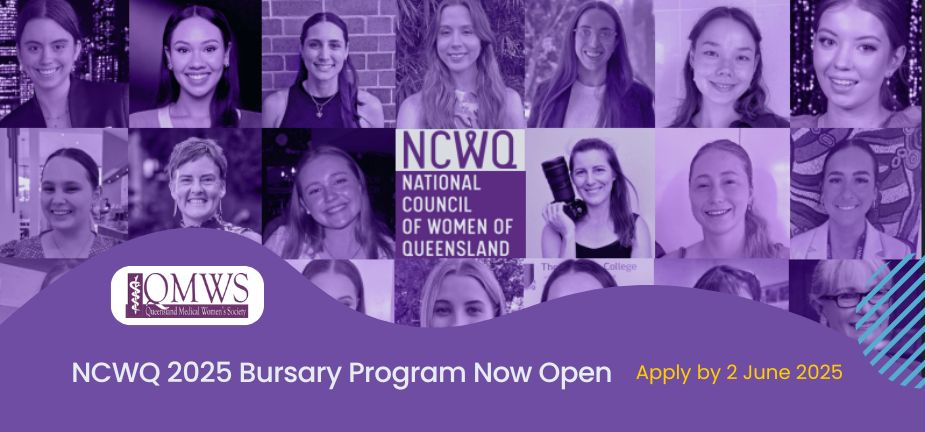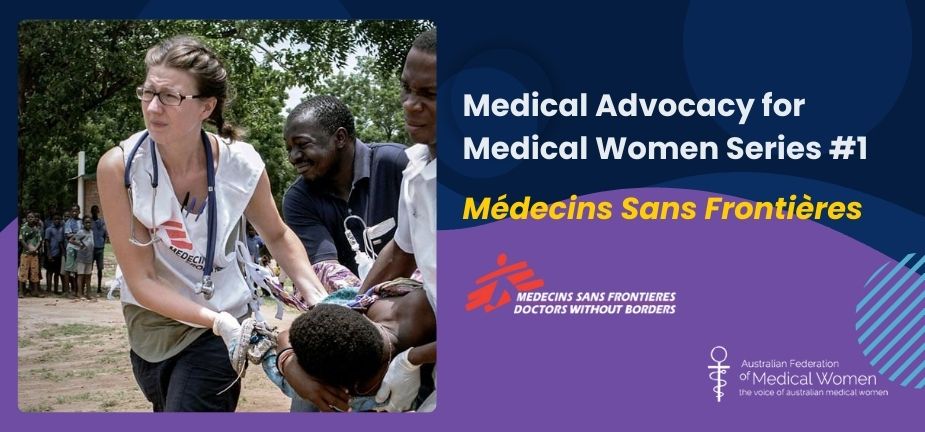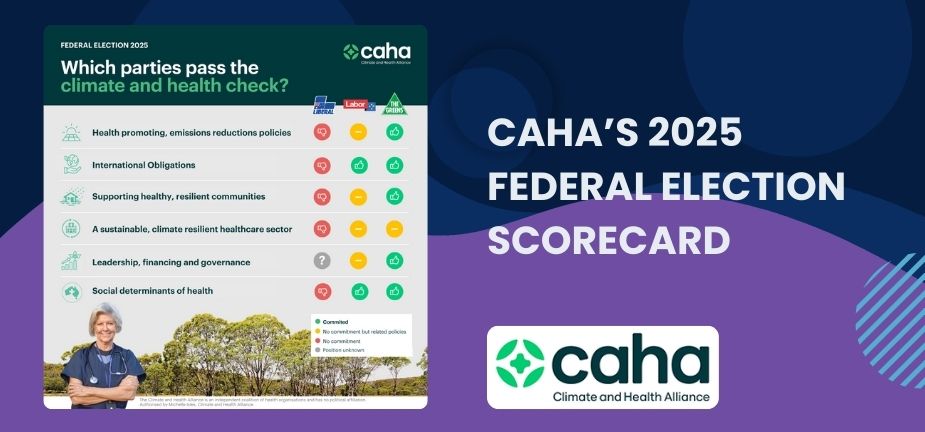In the worrying wait for these apparently abnormal results, the young man sought a second opinion from another GP. On the telephone, a sensitive receptionist offered the last appointment at the end of the day to ensure he did not have to take time from his new job and in case he needed a long consultation. During the long consultation, which was charged as an item 36, the second GP listened to the young man’s story.
Twelve months before, he had fractured his lumbar spine in an accident and required surgery to correct his spinal deformity. More recently, he had felt extremely stressed by the transition from law school at university to work as a solicitor. At 22, he was determined to stand on his own two feet again and was living and working interstate away from his supportive family. As an outlet from anxiety, he was undertaking vigorous exercise, which was of course the cause for his raised CK and AST. Not surprisingly, the unnecessary CT scan showed the same result as the post operative MRI scan. The first GP hadn’t taken the time to check the previous results.
It is difficult to measure the effectiveness of the second GP’s intervention. The second GP took time to develop a trusting relationship by listening, reassuring and validating, rather than completing computer tick lists, ordering tests or writing prescriptions. By offering preventive health care and a safety net for future problems, the second GP addressed some major health issues including the underlying causes of chronic pain.
The value of wisdom can’t be quantified, but any parent will understand the significance of the second consultation. And as a long time advocate for the health of young Australians and the parent of the 22 year old man, I wanted to tell you the story for two reasons.
Firstly, to help the Department of Health and Ageing understand the complexity and cost effectiveness of the long GP consultation. When the Medicare auditors are unleashed on to general practice, I hope they will remember Albert Einstein’s quote: “Not everything that counts can be counted, not everything that can be counted counts”.
Secondly, as a parent, I wanted to publicly acknowledge the unknown GP and his receptionist personally for a long consultation that marked a turning point in a young man’s life and will appreciated by a family for a lifetime. And in that acknowledgement is the appreciation of the work behind the work of Australian general practice – the part of healing that can’t be quantified and is rarely rewarded. The part we know is more valuable than gold.
– Associate Professor Leanne Rowe AM is a GP, Deputy Chancellor of Monash University and past Chairman of the RACGP.









